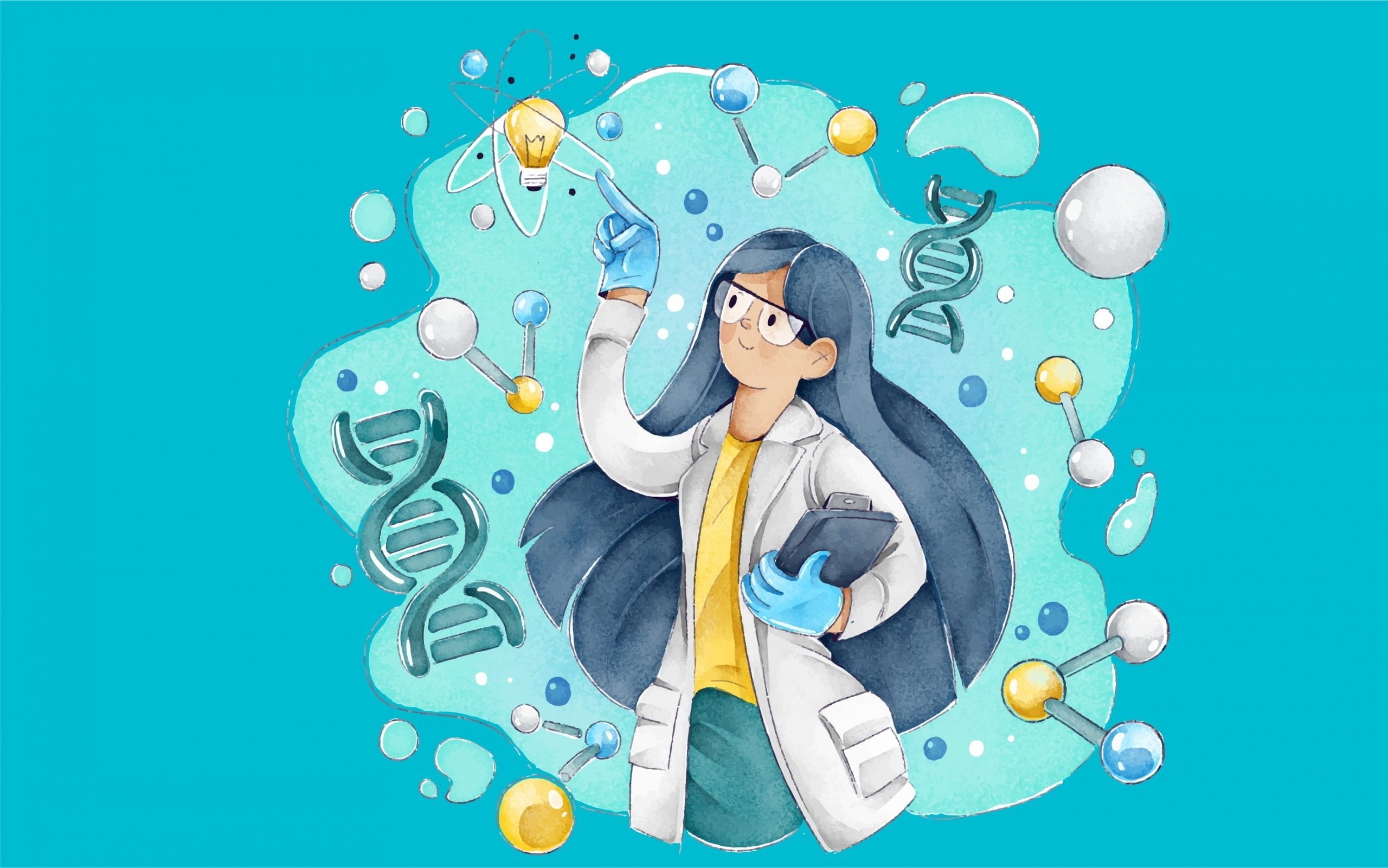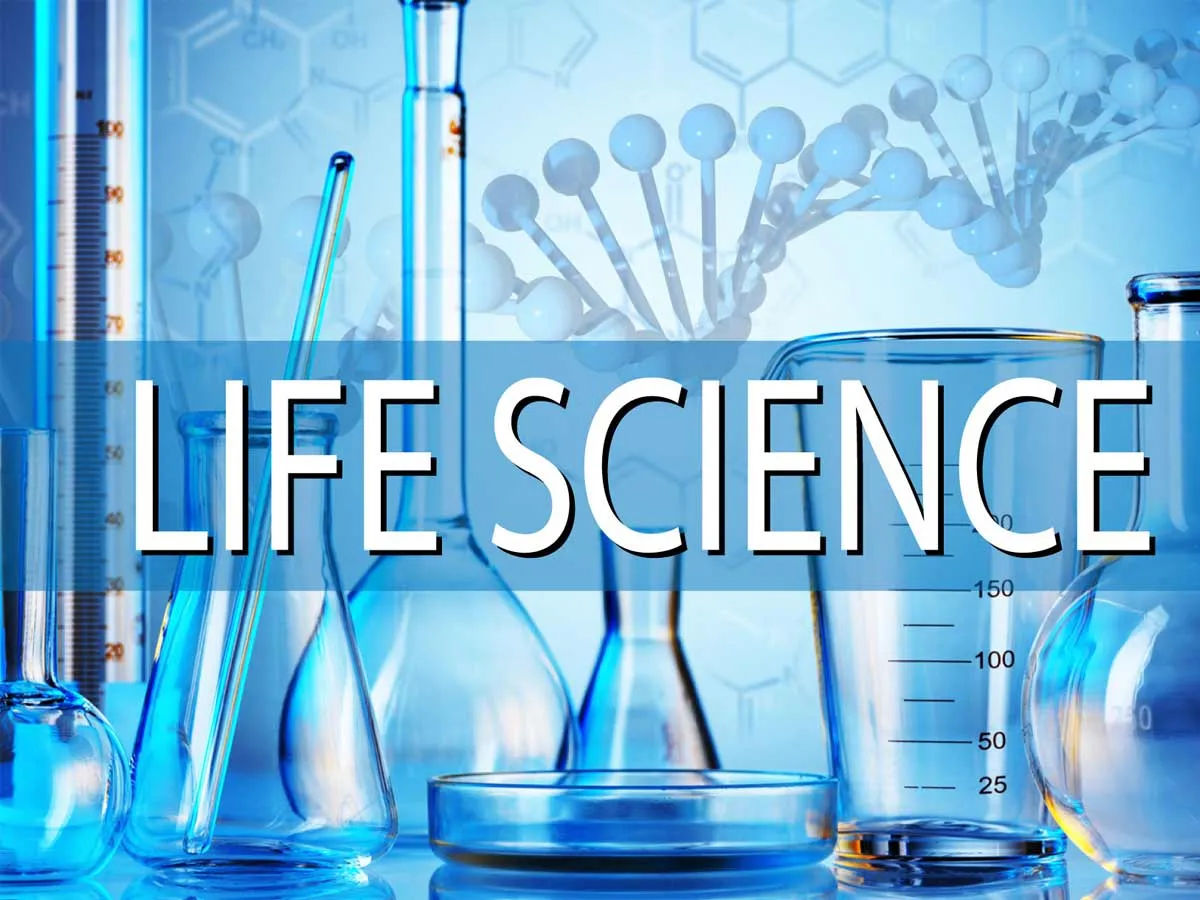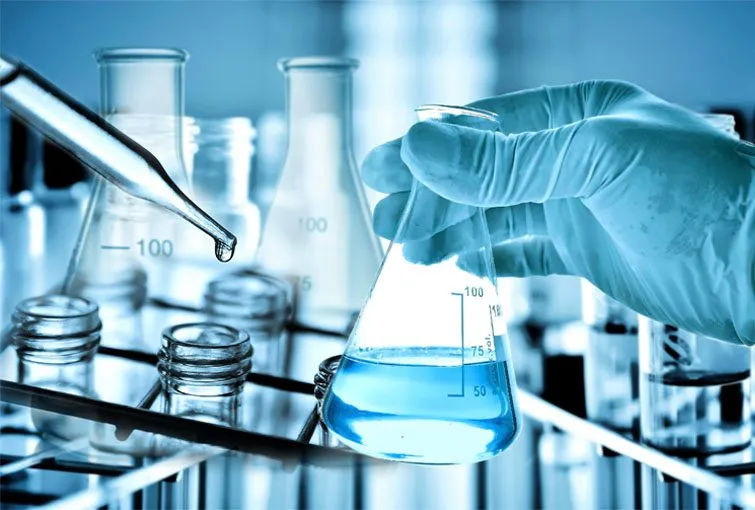The Life Sciences: A Field of Endless Possibilities
Life scientists use a variety of methods to study living things, including laboratory experiments, field research, and mathematical modeling.

The life sciences are a broad and diverse field that encompasses the study of all living things. This includes plants, animals, bacteria, viruses, and even the human body. Life scientists use a variety of methods to study living things, including laboratory experiments, field research, and mathematical modeling.
The life sciences are constantly evolving as new discoveries are made. In recent years, there have been major advances in the field of genetics, which has led to the development of new treatments for diseases such as cancer and cystic fibrosis. Life scientists are also working on developing new vaccines, drugs, and medical devices.

In addition to its medical applications, the life sciences are also used to improve our understanding of the environment and to develop new technologies. For example, life scientists are studying the effects of climate change on plant and animal populations. They are also developing new ways to produce biofuels and other renewable energy sources.
The life sciences are a dynamic and exciting field with the potential to make a real difference in the world. If you are interested in a career in science, the life sciences offer a wide range of opportunities.
Here are some of the most popular subfields of life science:
- Biochemistry: The study of the chemical processes that occur in living cells.
- Genetics: The study of genes and how they control inheritance.
- Microbiology: The study of microorganisms, such as bacteria and viruses.
- Cell biology: The study of the structure and function of cells.
- Developmental biology: The study of how cells and tissues differentiate and form organs and organisms.
- Plant biology: The study of plants, including their structure, growth, and reproduction.
- Animal biology: The study of animals, including their structure, growth, and reproduction.
- Human biology: The study of the human body, including its structure, function, and diseases.
- Pharmacology: The study of drugs and their effects on the body.
- Biotechnology: The use of living organisms to produce products or services.
The life sciences are a rapidly growing field, and there are many new and exciting developments happening all the time. If you are interested in learning more about the life sciences, there are many resources available online and in libraries. You can also find internships and volunteer opportunities to get hands-on experience in the field.

The life sciences are a field with endless possibilities. If you are passionate about science and helping others, then a career in the life sciences could be the right choice for you.
Here are some of the most important challenges facing the life sciences today:
- The rising cost of healthcare: The cost of healthcare is increasing at a rate that is outpacing inflation. This is putting a strain on both individuals and governments. Life scientists are working on developing new treatments and technologies that are more affordable and accessible.
- The growing threat of antibiotic resistance: Antibiotic resistance is a major problem that is making it more difficult to treat infections. Life scientists are working on developing new antibiotics and other treatments that can overcome antibiotic resistance.
- The need for more sustainable food production: The world's population is growing, and we need to find ways to produce more food in a sustainable way. Life scientists are working on developing new crop varieties that are more resistant to pests and diseases, and that require less water and fertilizer.
- The impact of climate change on the environment: Climate change is having a significant impact on the environment, including on plants and animals. Life scientists are working to understand the effects of climate change and to develop ways to mitigate its impact.
These are just a few of the challenges facing the life sciences today. Life scientists are working on addressing these challenges and making the world a healthier and more sustainable place.

 Fine End
Fine End 











